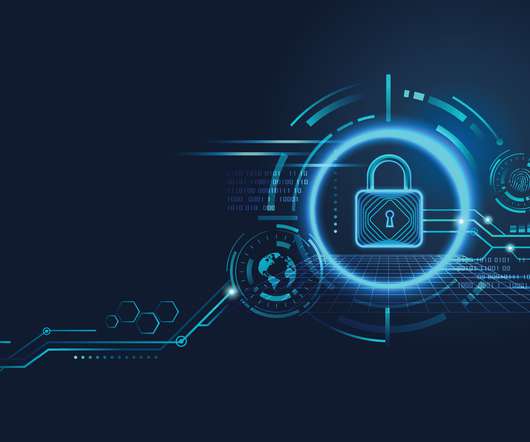The Future of Security
O'Reilly Media - Ideas
MARCH 15, 2022
The future of cybersecurity is being shaped by the need for companies to secure their networks, data, devices, and identities. Mobile device securit y, which is becoming more urgent with an increase in remote work and mobile devices. Network locality is not sufficient for decided trust in a network.

















Let's personalize your content